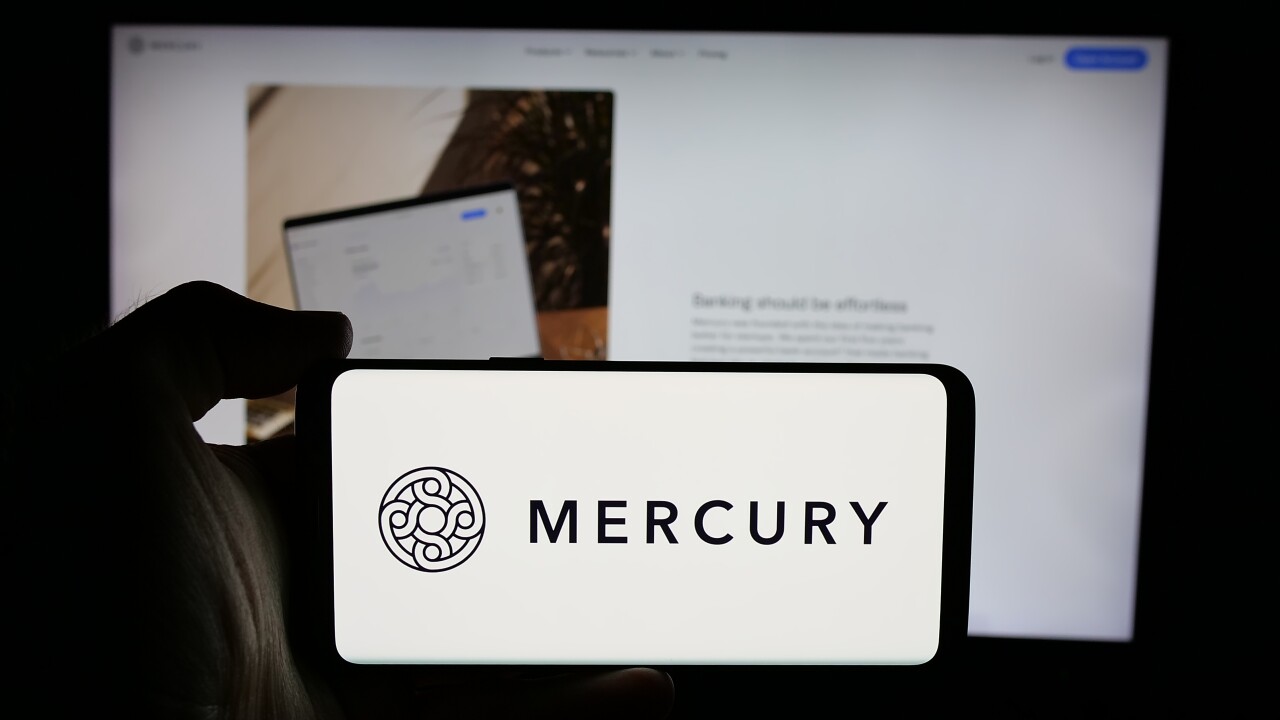One step forward, one step back could sum up events for Fannie Mae and Freddie Mac lately.
In the same two-week period that the government-sponsored enterprises new anti-predatory-lending programs brought praise even from consumer activists, new reports put them in unflattering light. They charge that Fannie and Freddie may not save homebuyers as much money as they purport to, and that they buy a disproportionate number of loans from white, higher-income communities than from lower-income and minority communities.
Release of the findings caps a year in which the GSEs has taken heat from Congress, regulators, and some private companies, though things had quieted in recent months.
One study was by the Federal Reserve Board. It concluded that the existence of a secondary mortgage market does little to lower interest rates for homebuyers, and the press read the findings as a sure sign that Fannie and Freddie are still under fire.
The other study, commissioned by the Department of Housing and Urban Development and released Thursday, implies racial bias in Fannies and Freddies purchase of loans.
And Freddie Mac probably has not helped matters by lobbying efforts concerning affordable-housing goals set by the Department of Housing and Urban Development that require Fannie and Freddie to invest in underserved, low-income, and minority neighborhoods.
The HUD-sponsored study, based on data from 1994 to 1996, found that Fannie Mae and Freddie Mac bought a smaller percentage of loans made in minority neighborhoods of Chicago than in white neighborhoods there.
Fannie Mae spokesman Clyde Ensslin said that the study ignores Fannies significant efforts at expanding minority access to loans in the last several years.
PaineWebber analyst Gary Gordon dismissed the Federal Reserve Boards study, arguing that the models and data that it used make no real-world sense. Some parts of the study show that its authors dont understand the mortgage business at all, he said. Allegations that the GSEs dont add value or that they dont help lower mortgage rates are just silly. Its obvious that they add value.
Fannie Mae and Freddie Mac have actually had much to celebrate. They recently struck a truce with congressional critics under which they made some concessions on risk disclosure and promised to issue subordinated debt.
Further, the GSEs have entered the fight against predatory lending this year as two of the few private lenders willing to invest any time and effort in the problem. Despite rising concern from consumer advocates and Washington about predatory lending, the issue has thus far not caught fire in the private sector.
Both companies fund consumer education programs to help borrowers avoid predatory loans, and have introduced new products with the same goal. Early this year Freddie changed its credit policy to discourage subprime lenders from selling them loans made using predatory practices.
Emily Lazar, executive director of the Washington-based housing organization Neighborhood Reinvestment Corp. and a partner in a new anti-predatory lending effort by Freddie, said that the GSEs commitment brings size and scale to an issue that stands to gain from being in the spotlight.
Its an issue akin to cigarette smoking you really want to get out there and beat people over the head with it in a very forceful way in the media, Ms. Lazar said. She added that Fannie and Freddie are the first companies in the country to earmark money for anti-predatory-lending efforts on a large scale.
Most recently, Fannie Mae has come out with two new loan-buying programs meant to help victims of predatory lending refinance those loans with more-affordable terms.
Freddie Mac two weeks ago announced its own loan-buying program featuring the Home Equity Loss Protection loan, which is aimed at helping borrowers in need of cash find a safe home equity loan rather than one with high interest rates, said Craig Nickerson, vice president of community development lending at Freddie.
Consumer groups are demanding that Fannie and Freddie provide cheaper loans to borrowers with impaired credit, and some even call for 0%-down loans.
Josh Zinner, coordinator of the Foreclosure Prevention Project for Seniors at South Brooklyn Legal Services in New York, said the loan-buying programs are a good step but that more could be done.
While we certainly applaud Fannies efforts to assist people who have been harmed by predatory lending, we hope this will be accompanied by a widespread commitment to improving credit opportunities for low- and moderate-income communities and communities of color, Mr. Zinner said.
Alan White, supervising attorney at Community Legal Services in Philadelphia, said his group supports the GSEs funding of such projects, but, Well have to wait and see how substantial a contribution theyre going to make.
From Our Archive:





